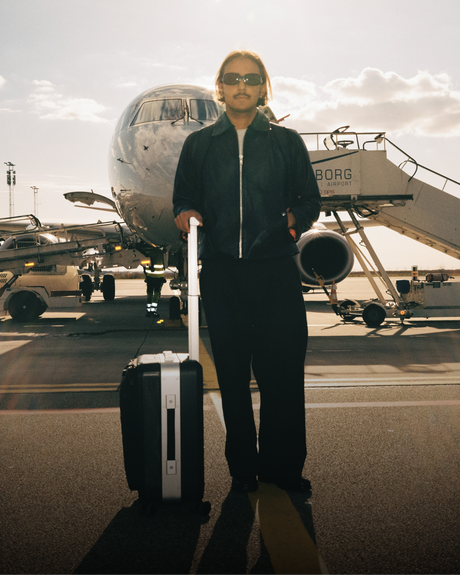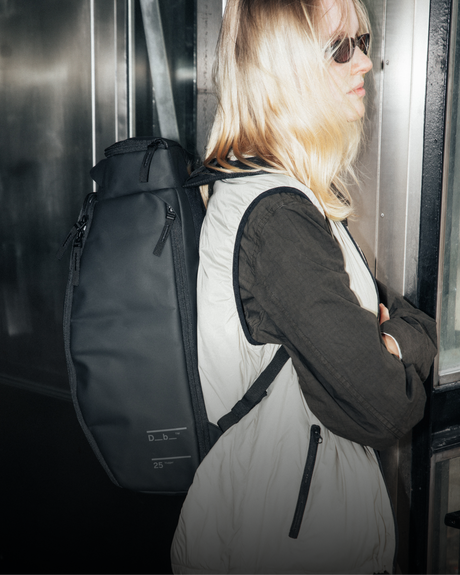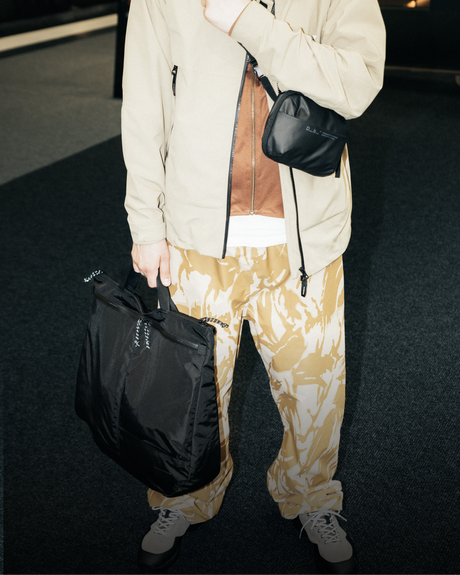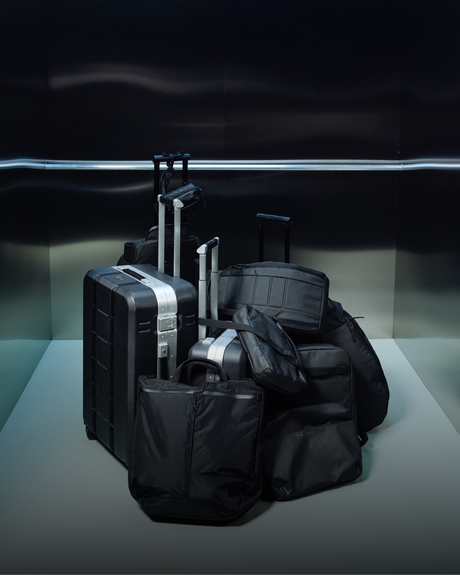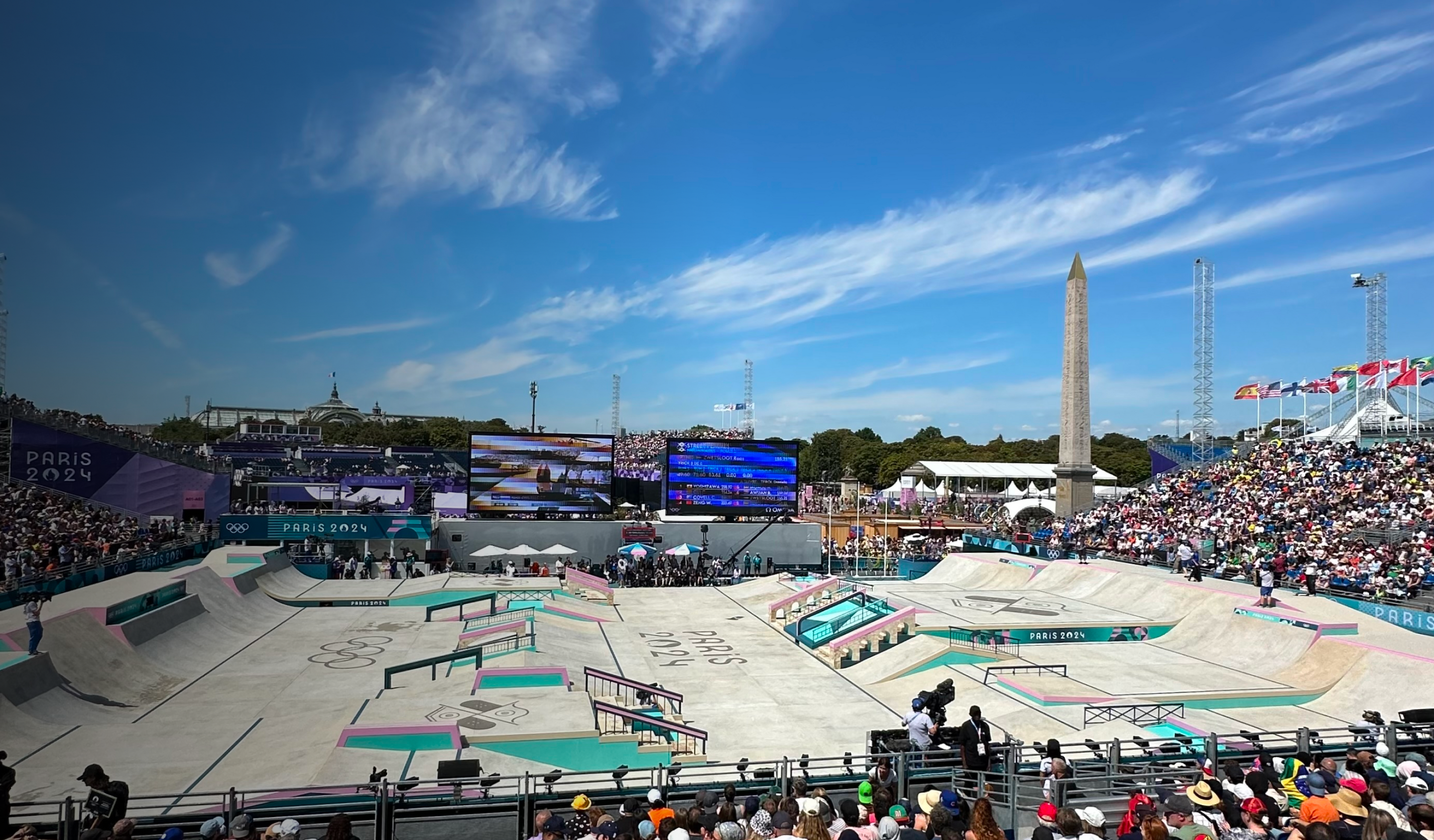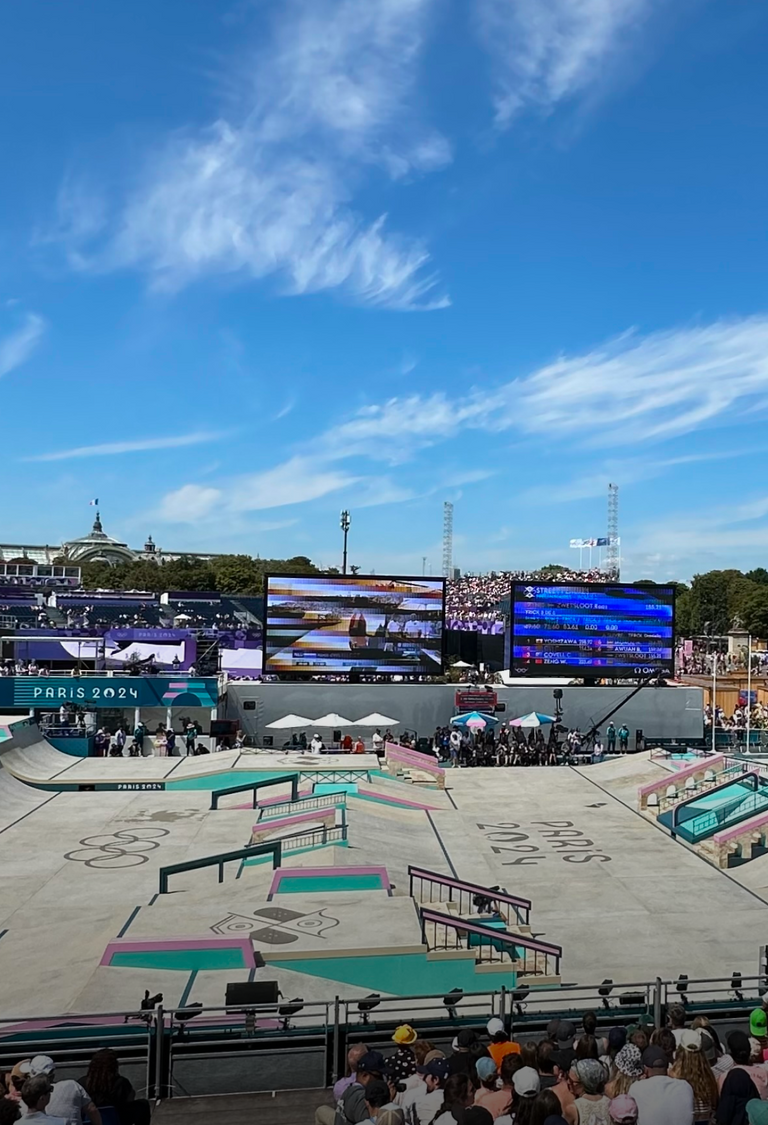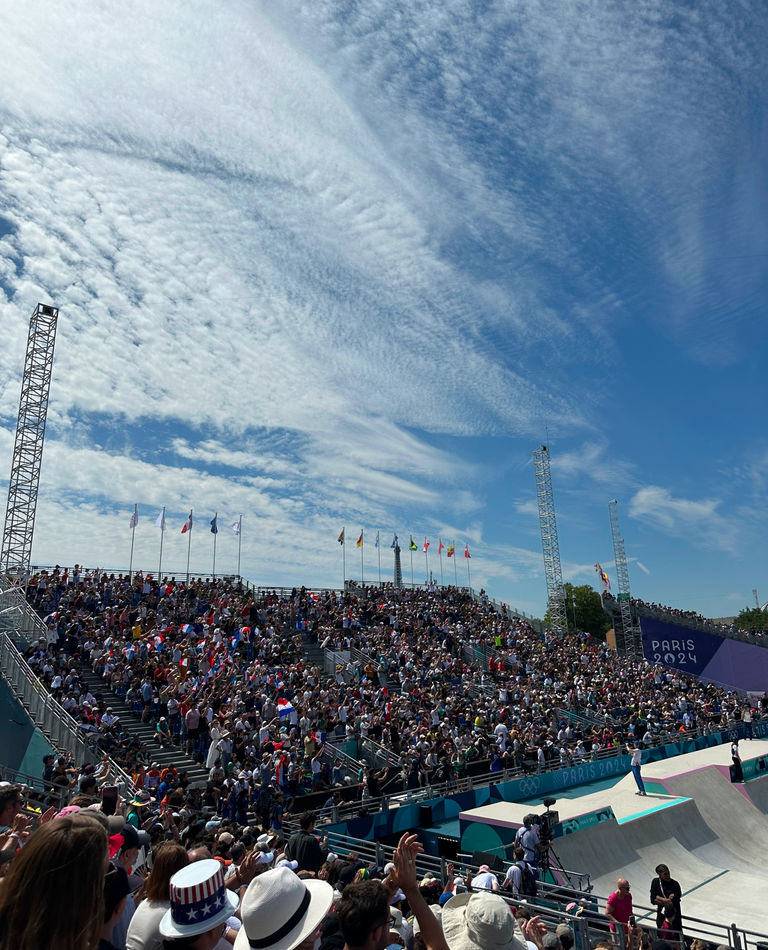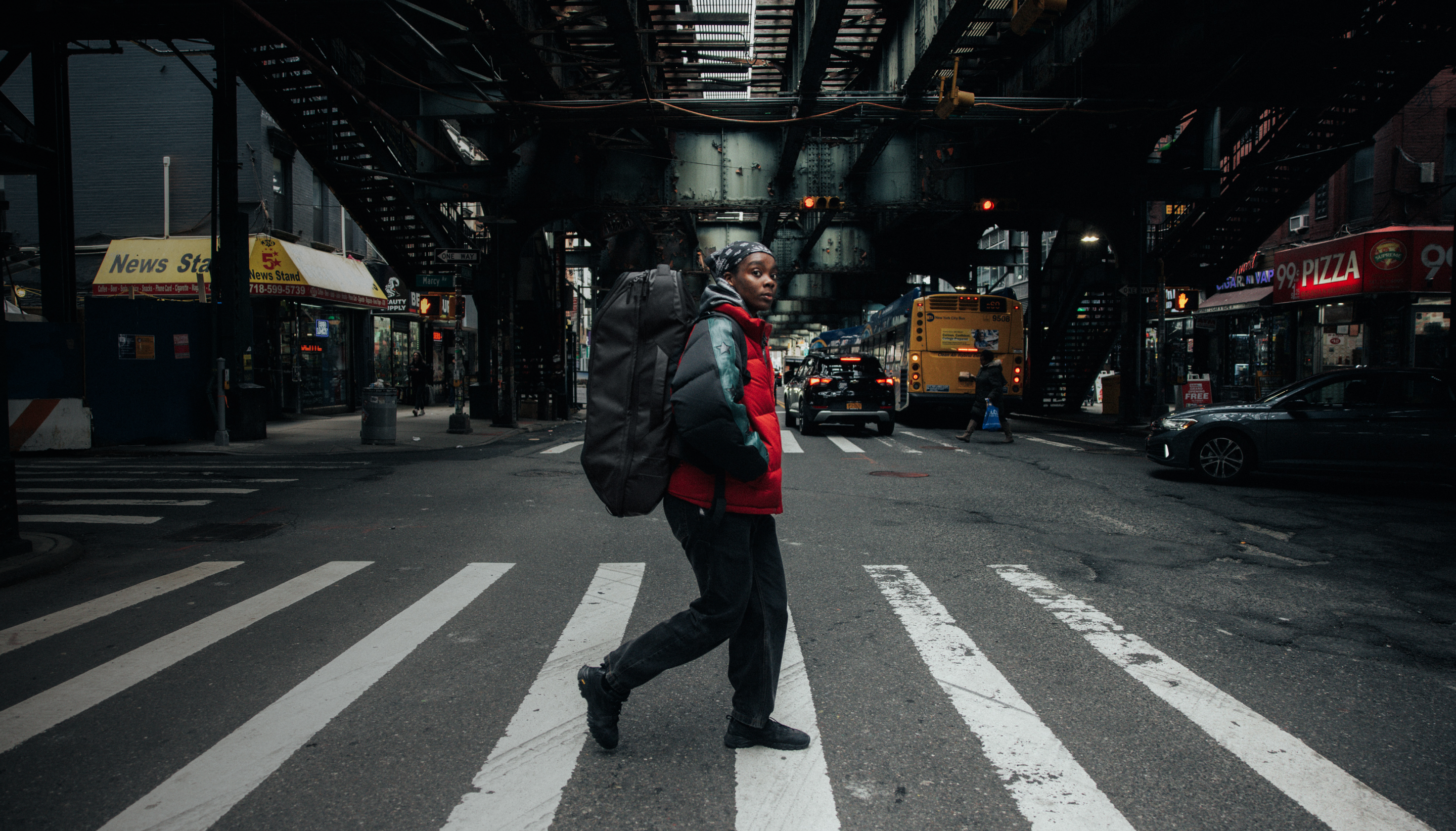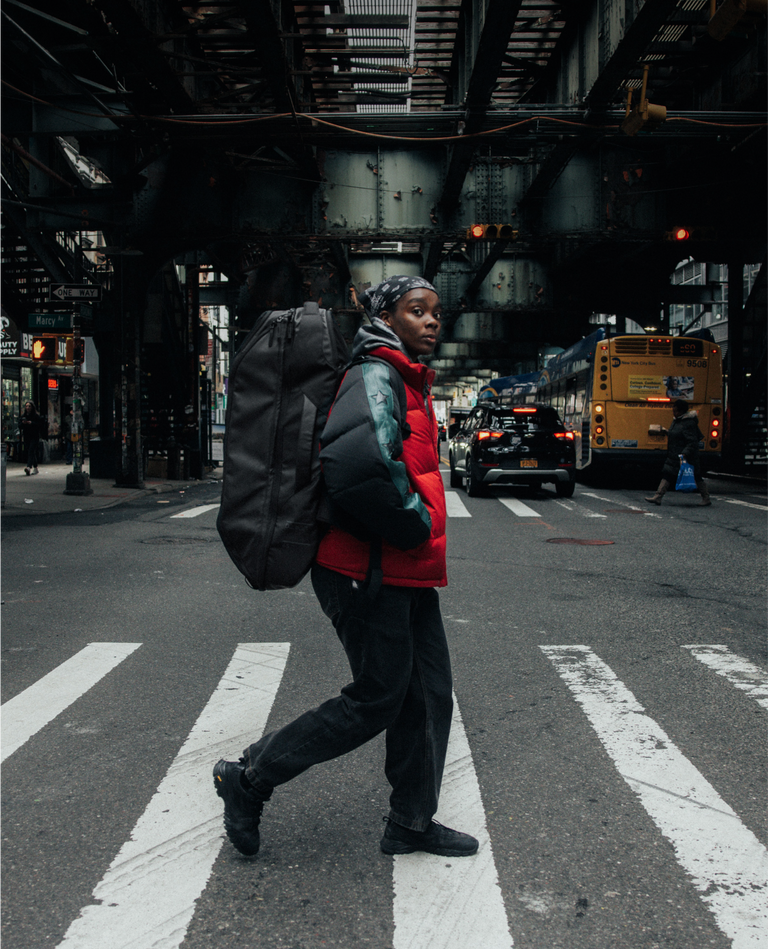The 2024 Olympics marked skateboarding's return to the global stage after its debut in 2020, and honestly, it felt like something straight out of a 30 for 30 ESPN biopic. It’s rare for skateboarding to have a centralizing moment, especially with major media conglomerates rallying the masses to join in. As Andy Anderson wisely put it on Wolf vs Hawk, "There are four reasons the whole world gathers together: the UN, space travel, war, and the Olympics." Down on the pristine "street" course, with every seat in the arena filled, the atmosphere was charged. All the traditional sports behaviors were on full display—roaring chants, the wave, gasps from the crowd, hard-hitting high-fives. It was one of the most unusual intersections of worlds I’ve ever witnessed.
Seeing so many wide-eyed newbies on the edge of their seats, without fully understanding the nuances of skateboarding but thriving while watching, was wild. We were witnessing the dawn of a new chapter in the sport’s evolution—a shift toward a broader, more generalized fandom. (For the sake of this piece, let's go ahead and call skateboarding a sport.)
Watching the scene unfold, I couldn’t help but wonder: Do you think some of the people are asking, “Wait, these are the best athletes in the world, and they’re falling? If you’re shelling out cash to see the greatest athletes on the planet, shouldn’t they be sticking the landing?” But that’s precisely what makes skateboarding so good: the constant dance between success and failure. The progression from Tokyo 2020 to Paris 2024 was clear in every run, trick, and score. The talent in the women’s and men’s street finals left me nearly speechless, as the leaderboard positions constantly shifted with almost every attempt.

Olympic skateboarding features two events: Street and Park. Though the names might seem a bit ironic—since "Street" takes place in a park and "Park" in a bowl—both disciplines offer unique, big fan moments. In Street, the format of two run attempts followed by single best trick attempts sets the stage for nail-biting moments. When the competition is close, those final tricks can be game-changers, creating clutch, high-stakes drama. In Park, on the other hand, you get to see people fly in the sky. And who doesn’t love a good "guy in the sky" moment? Both the Men's and Women's competitions start with 22 skaters, and each has two rounds—prelims and finals—with every run scored on a scale. The scale is measured from 0 to 100 and is based on each skater's overall run. Perched in a bird's-eye box, seven judges are responsible for scoring difficulty, execution, style, and creativity.

Rayssa Leal

For years, there’s been an ongoing debate within the skate world about what’s gained and what’s lost as skateboarding adopts a more sanitized, mainstream version. The Olympic committee positioned skateboarding as a modern incarnation of the ancient spectacle of sport—for better or worse. Now, with the global stage set, it’s up to skateboarding to guide its path forward. As this new generation gains more resources and opportunities, it’s worth noting that some of skateboarding’s biggest growth moments have historically come from outside its core inner circle, ultimately driving greater access, increased support, and overdue recognition for women’s and inclusive skating. So here we are, at the brink of skateboarding’s sportification. As the Olympic flame flickered out in Paris, it’s evident that skateboarding is evolving into something both familiar and entirely new.
